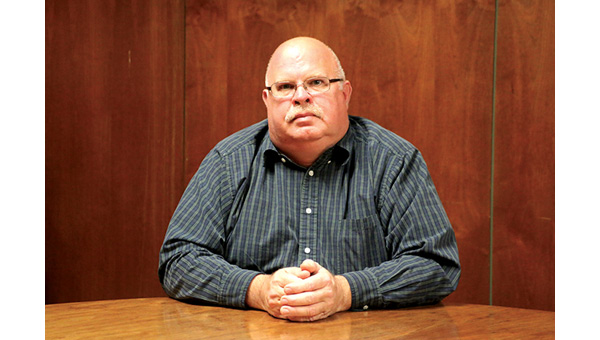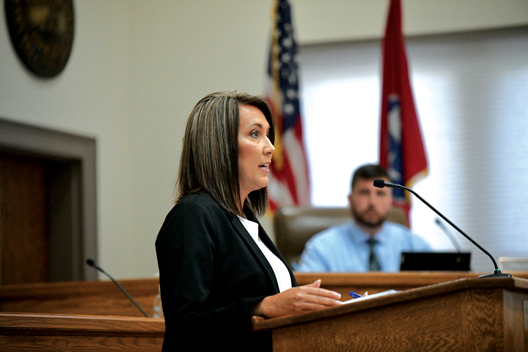Commission tables sign ordinance revisions
Published 9:30 am Friday, April 3, 2015
The adoption of a new sign ordinance was tabled until the Elizabethton Regional Planning Commission can get a legal opinion on some of the changes to the ordinance and have a workshop to discuss different portions of the document.
Commissioner Melanie Sellers presented the governing body with her concerns for the portions governing political signs, portable and temporary signs and human directional signs.
“The meat of the ordinance is very good,” Sellers said. “The parts that deal with commercial signage are very good. It is the other types of speech I am concerned with.”
Sellers presented the commission with different scenarios and asked if the city would enforce them the way it had been detailed in the ordinance. In one case, a church wants to display a 3-foot by 7-foot Vacation Bible School banner in their yard. In the proposed ordinance, the church must pay $50 and only attach it to the side of the building, not on stakes in the yard. The same rules would apply to other non-profit organizations and community groups.
“I think that would lead to selective enforcement,” Sellers said. “The enforcement officer would not want to tell a church they had to take down their sign. If that is not the way you want it enforced, then it should not be written that way.”
The next scenario was a middle-school cheerleading group hosting a car wash. Sellers questioned if one of the cheerleaders would be in violation as a human directional sign if she stood beside the road with a sign advertising the car wash.
“Isn’t that prohibited,” Sellers questioned. “The ordinance doesn’t say that it is limited to commercial activities. I am concerned this would limit religious and political speech. It doesn’t say it is limited to the roadside. It is prohibited everywhere: in parking lots and on private property.”
However, it was the restrictions on political signs that worried Sellers the most. The regulations on political signs were more restrictive in residential sections than in commercial zones. In residential zones, the proposed ordinance limits residents to one 2-foot by 2-foot sign for each candidate.
“When we look at where we come from, the Watauga Association and the Overmountain Men and the ideals of liberty, and to tell people they can only have one sign in their yard,” she said. “I don’t think it is lawful to limit political speech more than commercial speech. You do not have the most space in the residential zones and that is where your private property owners are.”
Vicky Manuel, who served on the policy subcommittee, said the group worked for hours researching sign ordinances from other cities before drafting the proposed document. The subcommittee focused more on the commercial signs because that had been the biggest area of contention in the past, Dena Bass said.
Sellers felt that if the new ordinance was enforced as written it would leave Elizabethton “sterile.”
“When you drive through town on a spring day, and you see the car wash signs, and the “Support the Elizabethton Twins” signs and the sign up for Little League signs, “that’s our town and I like it,” Sellers said. “I want what we have. If it would be enforced as written, we would have a sterile community.”
Sellers then made a motion to table the proposed sign ordinance changes until an attorney’s opinion can be given on the portions regarding political signs. Once that opinion is received, she motioned the commission meet in a workshop to discuss the ordinance before voting again.
The motion was seconded by Bass and unanimously approved.




